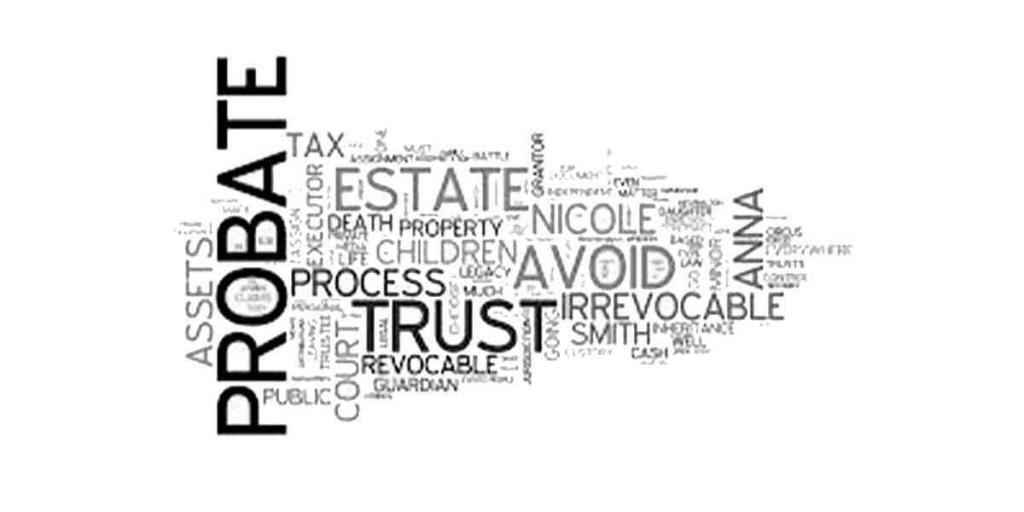Probate in New York is often very complex and lengthy. As a Will executor or grieving loved one of a deceased, trying to wrap your head around probate is traumatic enough, giving the fact that you barely know the in and out of the word and how the probate system works in New York. Hiring a New York probate attorney 10019 is the best step you can take at this very time.
We are here to help
At our probate law firm, we provide legal assistance to personal representatives and families of decedents in New York. It is our goal to educate the family of the process, and guide the personal representative of the deceased in administrating the estate. This makes the characteristically lengthy and complex probate process shorter and easier to walk through.
Hiring a probate attorney can be the difference between a successful seamless probate and a seemingly never-ending traumatic one. If you live in any NY county with zip code 10019, then we are just a phone call away. Contact us to speak with a probate attorney 10019.
Understanding how the NY probate system works
NY probate
Probate is the court-supervised process by which the Last Will of a deceased is validated and its instructions carried out. The ultimate purpose of probate is to lawfully dispose a person’s estate according to their wish stated in their last will. But if there is no will, probate will be done and the intestacy law of the state will be used in the disposal of the decedent’s estate. Probate in New York is conducted in the Surrogate’s Court in the county where the decedent owned property.
Must every estate be probated in New York?
Only estates valuing up to $30,000 or more will be probated in NY. Below this value, the estate will be administered in a simpler process known as Small Estate Administration. Also, only the assets held in the name of the decedent only may be probated. Assets held in a living trust, held by joint tenancy with rights of survivorship, having designated beneficiaries or POD clauses will pass outside probate.
What are the responsibilities of the executor?
The executor is the personal representative of the deceased, responsible for administrating the estate. The executor is named in the will. In the absence of a will, the court appoints an estate administrator who must act as the personal representative. The responsibilities of the personal representative are as follows:
- Initiating probate by filing a petition along with the will and death certificate of the deceased to the probate court.
- Taking inventory of the estate and professional appraisal if necessary.
- Opening a bank account from which administration expenses will be settled.
- Filing tax return forms, paying estate tax and debts, funeral expenses, administration expenses, court and attorney charges from the checking account.
- Disbursing what is left of the estate to the beneficiaries according to the will or intestacy law of New York.
- Closing the estate.
How long does probate take?
NY Probate can take months up to a couple of years depending on the nature of the estate and whether you have a probate attorney working with you. The probate attorney 10019 will help resolve family disputes and ease the tension, help in filing tax return forms and dealing with creditors and tax, representing you in court, give professional advice when you run into a tricky situation, help ensure that all duties are properly carried out, and all documents accurately prepared. Such experience hands speed up probate and costly mistakes are avoided.
What is the intestacy law of New York?
The NY Intestacy Law of Succession is used for disbursing an estate in the absence of a valid will. By the law, the surviving spouse is entitled to $50,000 plus half the balance of the estate. The rest goes to the children. In the absence of a surviving spouse, everything goes to the children and vice versa. In the absence of either, the estate goes to the closest surviving blood relative of the deceased.
What if the estate funds are not enough to settle creditors, expenses and beneficiaries?
When estate funds do not suffice to settle creditors, expenses and beneficiaries, the NY Law of Priority of Claims will be invoked. This law prioritizes creditors, tax and other expenses over beneficiaries. Creditors and all other expenses must be settled before the beneficiaries. If the funds are so minimal, the beneficiaries would get nothing at all and some creditors may have to let go of what they are owed.
Such a situation requires professional and experienced hands, and the family should not attempt handling it all by themselves. It becomes imperative to hire an attorney.
For a shorter and less traumatic probate, contact us to speak with a probate attorney 10019.









